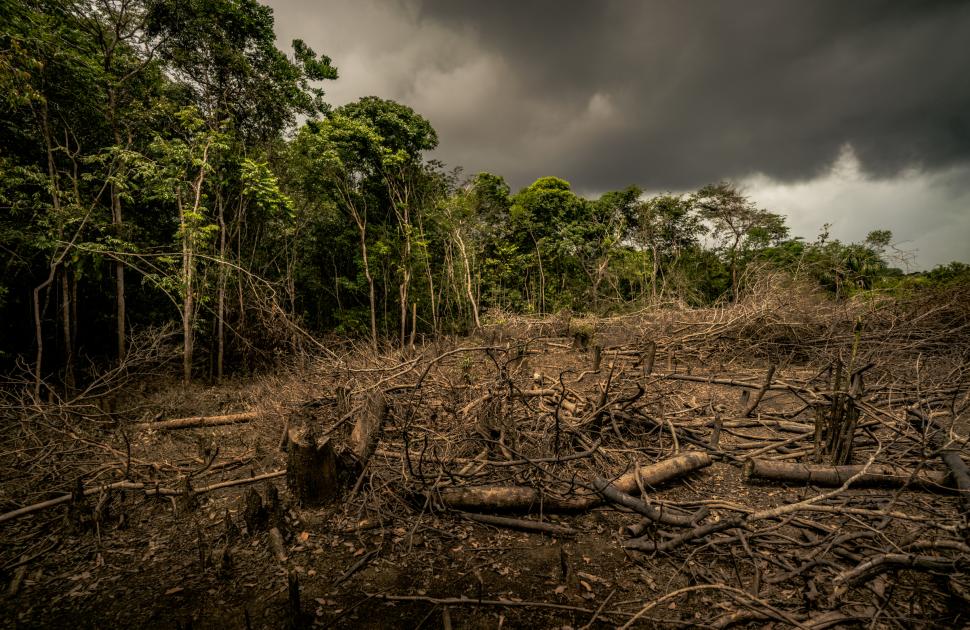Last night I attended an interesting panel discussion about the destruction of the Amazon at the Americas Society/Council of the Americas in Manhattan featuring Bruce Babbitt, a retired governor of Arizona and former Secretary of the Interior and Andrew Revkin, a science reporter for the NYTimes. The conversation focused on development, the danger of reckless road building, financing, and a brief nod to the political dynamic in the region that will help shape future policy. Having both spent considerable time in the region, the panelists, as well as a slew of attendees, were a wealth of information about the Amazon, and offered an interesting array of perspectives on the hurdles facing sound strategic development. Should you be interested, the event was broadcast on the web, and a transcript may become available on the AS-COA website at some point in the future.
However, a critical point that went ignored save for a lone comment at the end was the impact that deforestation, road-building, and mega-farming is having on the people who live in the region. While there is evidence that the negative environmental effects of deforestation impacts the entire world (evidenced by Norway’s US$1 billion pledge to protect the Amazon), clearing out vast swaths of the Amazon has an impact on the communities living in the region, as well as the migrant workers who come to work there.
Displaced local communities are not the only people directly impacted by deforestation. Once the forest is cleared, mega-farms in Minas Gerais, Maranhão, Mato Grosso, Mato Grosso do Sul, Tocantis, Para, Goias, and other fringe areas of the Amazon that produce export commodities such as soy, sugar cane, and meat require massive amounts of physical labor, which is often unregulated by local authorities. There have been many allegations of labor abuse in these regions. According to reports by Brazilian and foreign NGOs, the laborers, many of whom come from the impoverished north in search of work, live in decrepit shacks and work inhumane hours. In response, the Brazilian Ministry of Labor has published a black list (latest version, published 22 July 2009, available by clicking the hyperlink, although the list is regularly updated and may become dead within a few weeks) of employers that have been convicted of unfair labor practices.
One of the key takeaways from the panel was the need for collaborative international planning as a means for protecting the Amazon. Without a clear strategy, the panel argued, there is greater risk for renegade road building and other environmentally-unfriendly practices that will damage the Amazon, and consequently the world, beyond repair. Yet it is also important that environmental sustainability be matched with governmental accountability for workers’ rights as expansion continues. As Mr. Babbitt aptly noted, the 19th century U.S. policy of Manifest Destiny resulted in many economically unsound practices as well as egregious crimes against humanity. Brazil, facing a similar situation as they expand westward into the Amazon, has the chance to act differently.

Reply